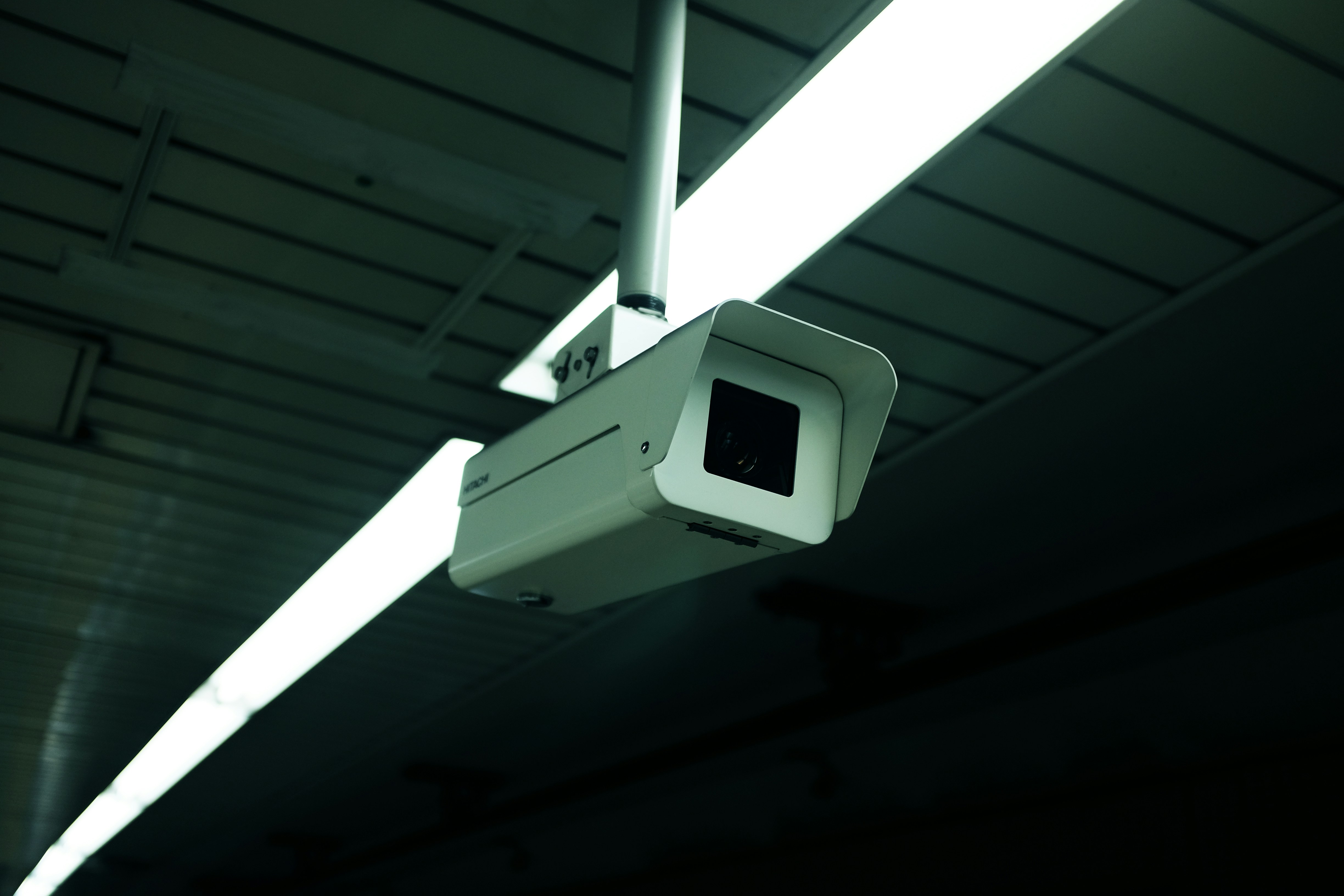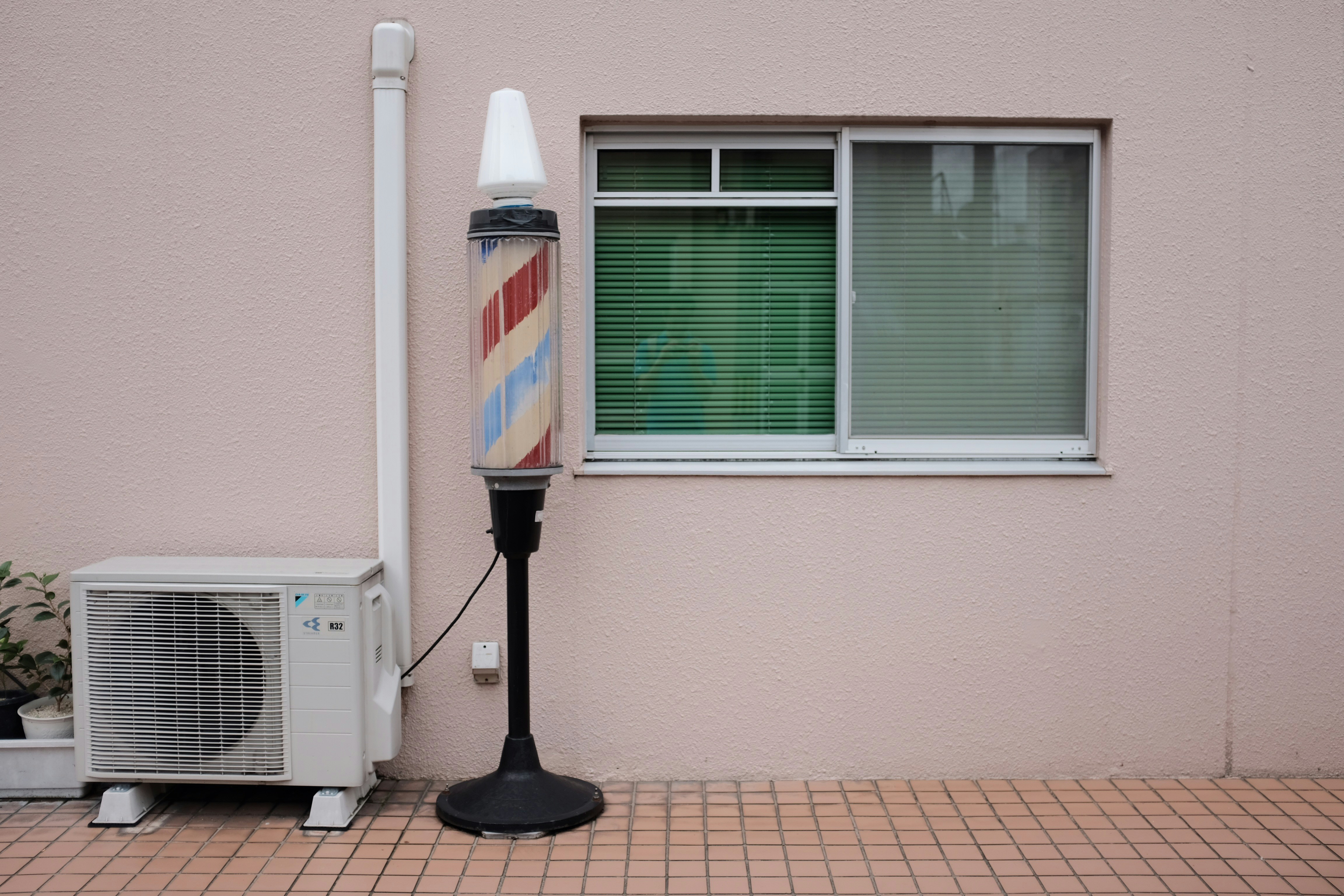
How Technology Is Transforming Engineeri...

Fixr Technologies
January 20, 2025
4 mins
Introduction
In today's world, security is more important than ever. Whether you're safeguarding your home or business, a reliable Closed-Circuit Television (CCTV) system can provide the peace of mind you need. As an experienced CCTV technician, I've seen firsthand the impact a well-installed CCTV system can have.
Having a CCTV system not only enhances security but also provides valuable benefits for both residential and commercial properties.
Here are five advantages of having a CCTV system installed:
1. Enhanced Security
CCTV systems act as a deterrent to potential intruders and vandals. The presence of cameras can significantly reduce the likelihood of criminal activity, providing peace of mind for property owners.
2. Real-Time Monitoring
With CCTV, you can monitor your property in real-time from anywhere using smartphones, tablets, or computers. This is particularly useful for business owners who want to keep an eye on their premises after hours.
3. Evidence Collection
In the event of a crime or dispute, CCTV footage can serve as vital evidence. High-quality video recordings can help law enforcement identify perpetrators and provide clear documentation of events.
4. Increased Employee Productivity
For businesses, CCTV systems can help monitor employee activities and ensure compliance with company policies. This can lead to increased productivity and a safer work environment.
5. Cost-Effective
Investing in a CCTV system can be cost-effective in the long run. It can help prevent theft, vandalism, and other costly incidents, reducing potential losses. Additionally, some insurance companies offer discounts for properties with CCTV systems installed.
This blog post will guide you through the key components of a CCTV system, ensuring you understand the basics and make informed decisions about your security setup.
Body
1. Cameras
Cameras are the eyes of your CCTV system. They capture footage that will be monitored and recorded. Various types of cameras are available, each suited for different environments and purposes:
- Dome Cameras: Ideal for indoor use, offering a wide viewing angle.
- Bullet Cameras: Suitable for outdoor use, providing long-distance viewing.
- PTZ Cameras: Pan-Tilt-Zoom cameras that can be controlled remotely to cover larger areas.
- IP Cameras: Offer higher resolution and can be connected over a network for remote viewing.
2. Digital Video Recorder (DVR) or Network Video Recorder (NVR)
The DVR or NVR is the brain of your CCTV system. It records the footage captured by the cameras. The choice between DVR and NVR depends on the type of cameras you use:
- DVR: Used with analog cameras, it processes and records video signals.
- NVR: Used with IP cameras, it records video directly from the network.
3. Cables and Connectors
Cables are essential for connecting your cameras to the DVR/NVR. The type of cable used depends on the type of camera:
- Coaxial Cables: Used with analog cameras and DVRs.
- Ethernet Cables: Used with IP cameras and NVRs.
4. Power Supply
Cameras need a reliable power source to function. You can use individual power adapters or a centralized power supply box to power multiple cameras.
5. Monitor
A monitor is necessary for viewing live and recorded footage. You can use a dedicated CCTV monitor or a standard computer monitor.
6. Storage
Storage solutions are critical for keeping your recorded footage. Options include:
- Hard Drives: Installed in the DVR/NVR for local storage.
- Cloud Storage: For remote access and backup.
7. Accessories
Additional accessories can enhance your CCTV system’s functionality:
- Infrared (IR) Illuminators: Improve night vision capabilities.
- Mounting Brackets and Housings: For secure and proper installation of cameras.
- UPS (Uninterruptible Power Supply): Ensures your system remains operational during power outages.
Now you know the basic components of a CCTV setup. Does that mean you can buy these accessories and set it by yourself? Definitely NO.
Conclusion
Installing a CCTV system involves technical expertise and knowledge. To ensure your system is set up correctly and functions optimally, it’s essential to hire a certified engineer. Certified engineers are trained to handle complex installations, troubleshoot issues, and provide maintenance.
You can get Professional Help from Fixr for reliable and affordable CCTV installation and maintenance. We offer 24/7 service and have a team of certified engineers ready to assist you. Here’s how you can reach us:
Website: usefixr.com
Social media: @usefixr
Investing in a quality CCTV system is a smart move for ensuring the security of your property. By understanding the key components and seeking the help of certified professionals like those at Fixr, you can create a robust security setup that offers peace of mind. Don't wait—take the first step towards enhanced security today.

How Technology Is Transforming Engineeri...

CCTV Basics: An Overview of Key Componen...

10 Common Heating, Ventilation, and Air ...
Fixr Technologies 2026